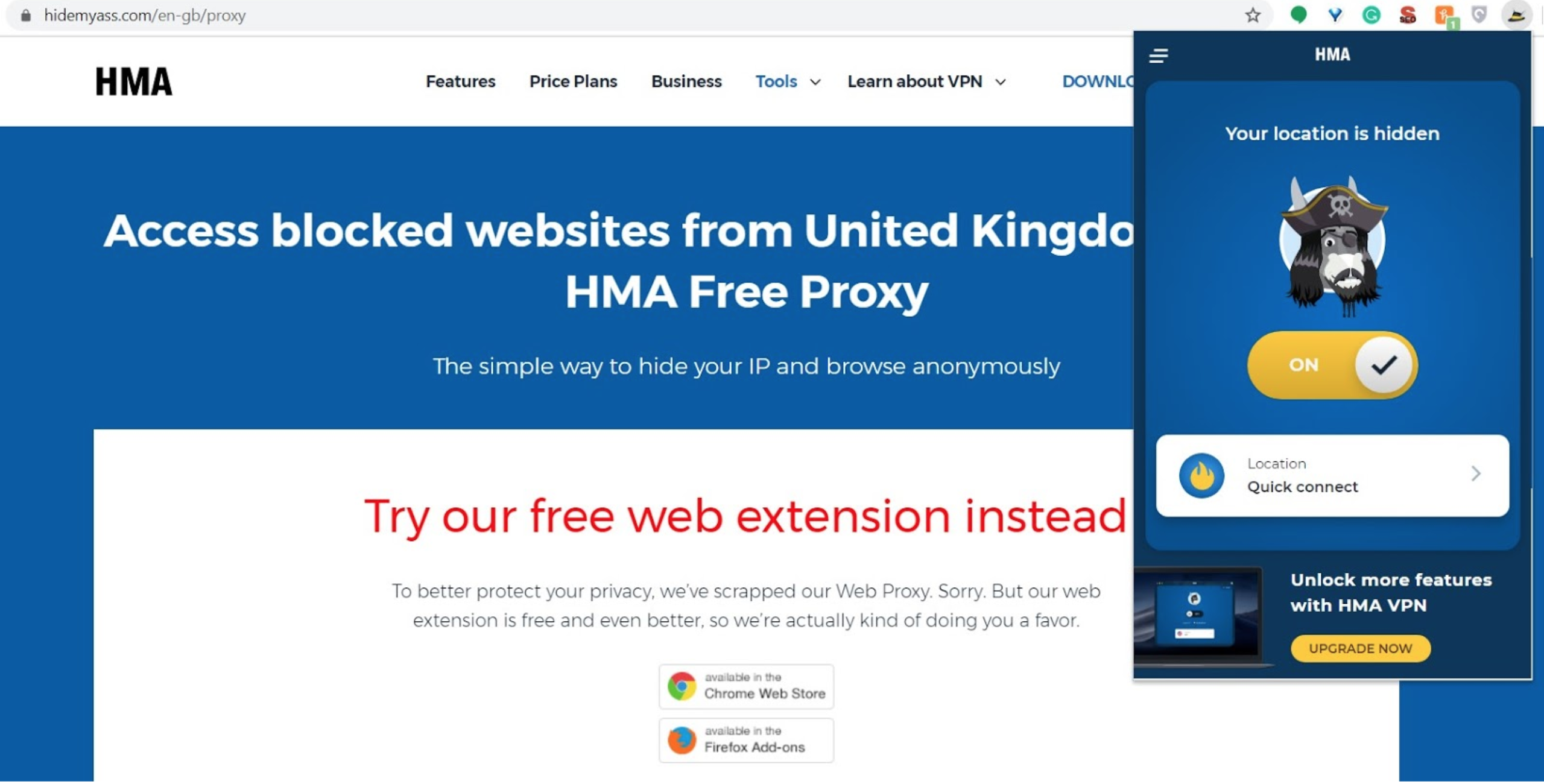Within the current digital landscape, web scraping has turned into an essential tool for businesses and individuals seeking to gather data from the huge expanse of the internet. However, as web scraping advances, so do the obstacles associated with it, particularly regarding the potential for IP bans and data restrictions. One effective way to overcome these obstacles is through the use of proxy servers. These intermediaries not only allow users to access data more efficiently but also play a critical role in maintaining anonymity and enhancing online security.
Understanding how proxy servers function and the various types out there can significantly impact your web scraping success. From safeguarding your identity online to boosting the overall effectiveness of data collection, proxies offer several benefits that cater to different needs. In this article, we will investigate the best practices for using proxy servers in web scraping, covering everything from their benefits and types to tips on steering clear of complications such as IP bans. Whether you're a seasoned data scraper or just starting, perfecting the use of proxy servers can enhance your scraping operations to a new level.
Grasping Proxy Services
A proxy server acts as an go-between between a individual's device and the online world. When a client requests a website, the demand is sent to the service first, which then forwards it to the target website. This system receives the feedback from the site and sends it back to the client. By doing this, proxy servers can conceal the individual's IP address, provide anonymity, and enable safe browsing.
There are different types of proxies available, each designed for specific roles. HTTP proxies are designed for online traffic, while SOCKS services can handle any type of data. Transparent proxies do not modify demands or replies, making them suitable for caching and content filtering. Comprehending these variations is crucial for selecting the right solution for specific jobs, such as data mining or accessing region-locked content.
Using proxies comes with a wealth of benefits, particularly regarding online privacy and protection. They can conceal a client's identity, protect sensitive data, and prevent cybercriminals from tracking web actions. Additionally, businesses rely on proxy servers to enhance security protocols and ensure secure data transmission. This blend of features makes proxy servers a crucial tool for anyone looking to improve their digital experience.
Advantages and Risks of Using Proxy Servers
Utilizing proxy servers offers several advantages, especially in enhancing online secrecy and safety. Proxies act as middlemen between individuals and the internet, hiding the user's IP address and enabling for anonymous browsing. This anonymity helps protect personal data from being tracked by sites and external entities. Additionally, proxies can enable users to view geo-restricted content, simplifying the process to browse a wider array of online assets without encountering location barriers.
However, there are threats associated with using proxy servers, particularly free ones. Free proxies frequently compromise safety and confidentiality, as they may log user data or even insert malicious ads into web traffic. Users may also face inconsistent connections and decreased speeds due to shared bandwidth. Additionally, some proxies can result in access bans from specific websites that detect proxy utilization, causing frustration for users attempting to scrape data or obtain specific services.
To enhance the advantages while minimizing risks, users should choose trustworthy proxy services, ideally those that offer strong encryption and a strict no data retention policy. It's vital to understand the type of proxy being used—whether HTTP, SOCKS, or residential—as each has various use cases and implications for security. By being informed and cautious, users can take full advantage of the benefits of proxies while protecting their online activities.
Best Practices for Web Scraping with Proxies
When performing web scraping with proxies, it is crucial to select the suitable type of proxy based on your particular needs. Residential proxies are frequently preferred for high-volume scraping tasks, as they provide IP addresses tied to genuine residential devices, thereby making them less prone to be blocked by target websites. On the other hand, server-based proxies can be used for efficient scraping when anonymity is not a primary concern, but be aware that they are more easily identifiable as data center-based and may encounter more common bans.

Another key practice is to switch your proxy IPs often to prevent IP bans and CAPTCHAs. Many proxy providers offer dynamic proxy options, which instantly change your IP address at specified intervals or request limits. This approach helps ensure that your scraping activities stay under the radar by mimicking the behavior of a standard user, thereby reducing the likelihood of detection and blocking. Additionally, adding https://omeka.net among requests can further reduce the chance of being flagged as a bot.
Finally, always adhere to the legal and ethical guidelines of web scraping. Check the terms of service for the websites you plan to scrape and follow their policies regarding automated data collection. Employing responsible scraping practices will not only safeguard your proxy accounts but also help maintain the integrity of the online environment. By combining the correct type of proxies with rotation strategies and ethical considerations, you can perform successful and ethical web scraping.
